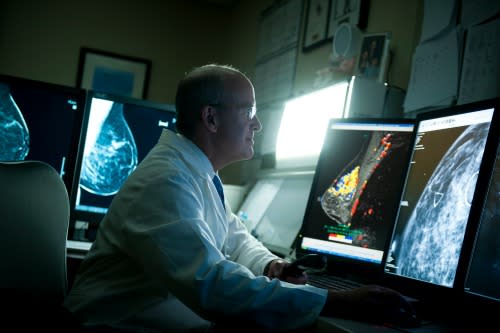Fighting Cancer With Immunotherapy
Published: August 25, 2016l
By Paul L. Weinstein, MD, Medical Director, Medical Oncology, Stamford Hospital and Jamie Stratton, MD
Immunotherapy. Many of us have heard the term, but what is it and how does it work? See what Stamford Health oncologists have to say.
The immune system’s natural response to cancer cells is to attack and destroy them. However, these cancer cells have found a way around this defense mechanism by releasing proteins that block the immune system from recognizing them as invading cells. In turn, immunotherapy works by inhibiting these proteins, which then allows the immune system to be activated and attack the tumor cells.
Immunotherapy. Many of us have heard the term, but what is it and how does it work? See what Stamford Health oncologists have to say.
In a nutshell, what is immunotherapy? How was it discovered?
Immunotherapy was first discovered by Dr. William Coley in the 1890s. He noted that patients had an improvement in their cancer following an acute infection with a bacteria, Streptococcus pyogenes. He then went on to inject this material into patients with cancer and found that some had a response to it.The immune system’s natural response to cancer cells is to attack and destroy them. However, these cancer cells have found a way around this defense mechanism by releasing proteins that block the immune system from recognizing them as invading cells. In turn, immunotherapy works by inhibiting these proteins, which then allows the immune system to be activated and attack the tumor cells.
Is everyone eligible? What about those with autoimmune disorders?
No, not everyone is eligible. Currently immunotherapy is approved for the following types of cancer: melanoma, Hodgkin’s lymphoma, lung, renal, and bladder cancer—mostly in advanced disease states. There are many clinical trials available that are evaluating immunotherapy in all kinds of cancer types, some of which we have available at the Bennett Cancer Center. Those with autoimmune disorders such as lupus or rheumatoid arthritis will need to discuss the risks of immunotherapy with their doctor before starting treatment.What are some of the most common questions asked by patients?
- What are the common side effects?
- How does immunotherapy work?
- How is this different from chemotherapy?
- Can this cure my cancer?
- For how long do I need treatment?
How is treatment administered?
Immunotherapy is given intravenously into a vein most often as an outpatient. It usually takes 1-3 hours and is given every 2-3 weeks.What are the names of the approved immunotherapies available?
Keytruda (pembrolizumab), Opdivo (nivolumab), Tecentriq (atezolizumab), and Yervoy (ipilimumab).Is immunotherapy customized to each individual patient? How?
Immunotherapies are approved for a few specific types of cancer. In certain circumstances your tumor tissue can be sent for testing for expression of PD-L1. Expression of PD-L1 in the tumor cells has been shown to correspond with better response to treatment. However, this is not routinely done for everyone.What are the common side effects of immunotherapy?
Side effects can vary greatly from patient to patient. Some include fatigue, weakness, rash, nausea, diarrhea, joint aches, liver toxicity, inflammation of the pituitary, thyroid or adrenal glands and inflammation the lung. Many of the side effects from immunotherapy are related to development of autoimmunity and are commonly treated with steroids.Where do you see immunotherapy 5, even 10, years down the road? What other gateways could immunotherapy open?
Immunotherapy continues to be investigated as a type of treatment for many different kinds of cancers, and in earlier lines of therapy. In the next few years, it will most likely be approved to treat other types of cancer. It will continue to help open doors for development of new and exciting therapies that can also target the immune system.Featured Expert/ Author



























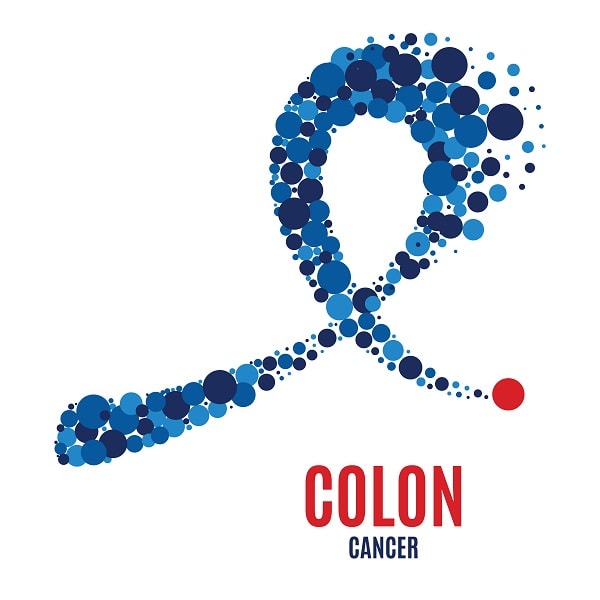

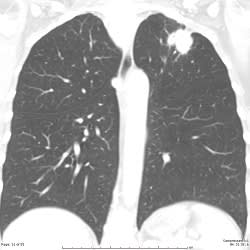













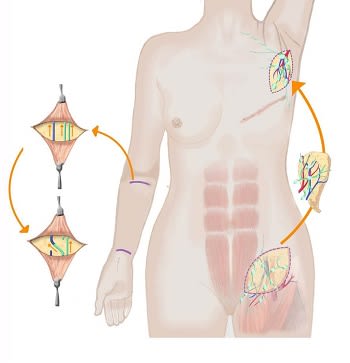


















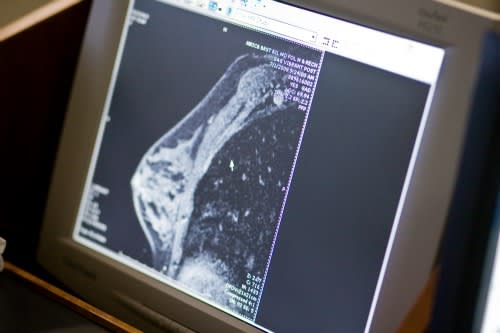







)


)

)
)
